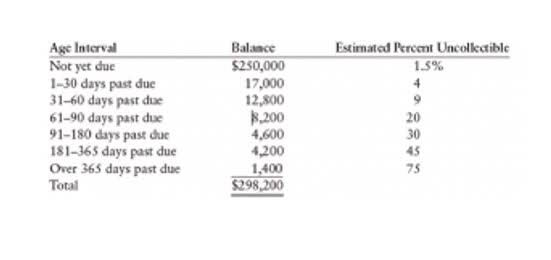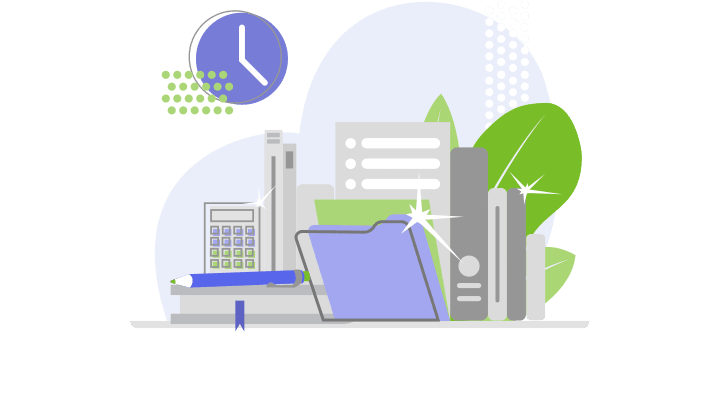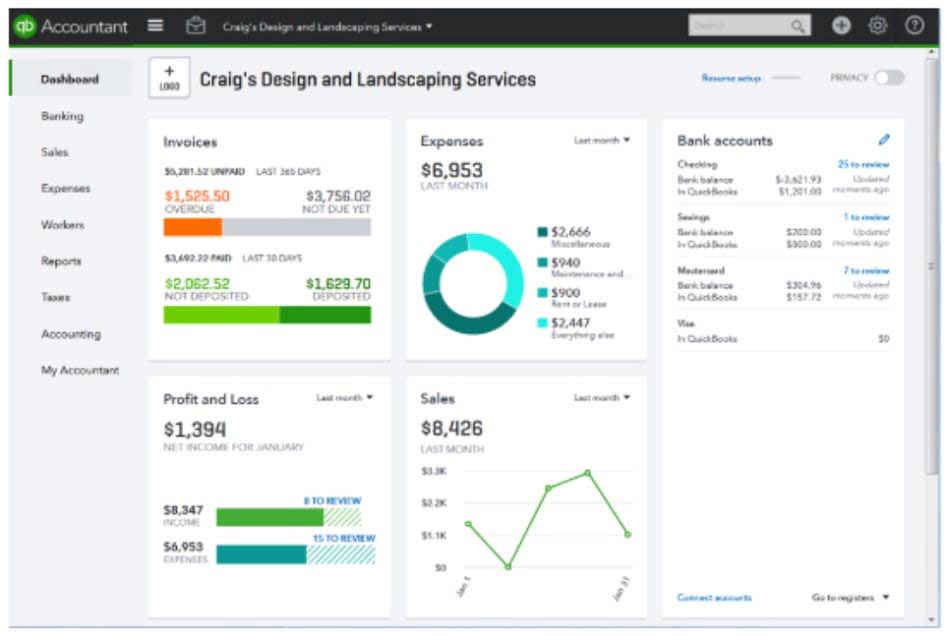Bookkeeping and Accounting: What’s the Difference?

While bookkeepers make sure the small pieces fit correctly into place, accountants use those small pieces to draw much more significant and broader conclusions about a company’s finances. Both accountants and bookkeepers work with numbers and financial data. As a bookkeeper, your attention to detail must be almost preternatural. Careless mistakes that seem inconsequential at the time can lead to bigger, costlier, more time-consuming problems down the road. You can become a bookkeeper right out of high school if you prove you are good with numbers and have strong attention to detail. In fact, many aspiring accountants work as bookkeepers to get a foot in the door while still in school.
Essential Role of Bookkeeping in Compliance and Decision-Making
Either quarterly or yearly, your accountant will assess your company’s financial statements to help you view a larger picture of your business’s cash flow, as well as any profits or losses. Compared to accounting, bookkeeping is more transactional and administrative, with https://www.bookstime.com/ a strong focus on recording financial transactions. Accounting is more subjective, giving you insights into your business’s financial health based on bookkeeping information. That’s why it’s so important to understand the nuances between bookkeeping and accounting.
Do I have the expertise?

The bookkeeper should be able to answer all questions about daily finances and the status of payments. A bookkeeper usually performs these steps, however, an accountant may step in to complete these tasks, or oversee them as they’re completed by the bookkeeper. Most importantly, your accountant is a valued advisor the terms accounting and bookkeeping are interchangeable. who can help you with important decision-making. If you’re considering purchasing new equipment or taking out a line of credit, for example, your accountant can help you determine the financial ramifications your decision can have. Welcome to the future, where technology is transforming the way we do business.
- While a bookkeeper will remain an important partner for strengthening that foundation of a company, when it comes to creating pathways for the future, you should look to an accountant.
- This allows owners and managers to assess the business’s current and future health.
- It also helps business owners monitor cash flow, manage expenses, and make informed decisions about day-to-day operations.
- It’s a process that tells the financial story of your business, including if your business is profitable or if you’re suffering a loss.
- Bookkeepers handle daily financial activity data entry that includes purchases, sales, payments, and receipts, thereby maintaining accurate financial records.
- With this method, bookkeepers record transactions under expense or income.
Common Roles in Accounting
They can help you keep past books up-to-date and take everyday bookkeeping tasks off your plate so you can focus on your business. Still stumped on how to handle bookkeeping vs. accounting tasks for your small business? Small business accounting software like QuickBooks helps you track your business finances all in one place, making it easily accessible to you and your accounting team. Accounting provides small business owners with a deeper understanding of their financial performance and position. By analyzing financial statements, accountants can identify areas for improvement, such as reducing costs or increasing revenue.
Join us as we clarify the essential roles of these financial tools and discover how they can help you make informed decisions, stay compliant, and drive your business forward. The three types of bookkeeping are single-entry bookkeeping, double-entry bookkeeping, and computerized bookkeeping. Enter your email or phone number to start simplifying your preaccounting with Expensify’s expense management services. By staying up to date with your bookkeeping throughout the year, you can help alleviate some of the stress that comes with filing your taxes.
What’s the Difference Between Bookkeeping and Accounting?

Bookkeeping is the foundation of accounting, focusing on day-to-day activities, while accounting has a broader scope and prepares financial statements. Bookkeepers handle records, while accountants prepare reports for stakeholders. While bookkeeping focuses on the daily financial records, accounting provides a bigger picture. Accountants analyze, interpret, and summarize financial data to generate financial reports, thereby providing insights into the business’s financial status. They are also involved in strategic planning, tax filing, auditing, and making projections about the future of the business.

What are your bookkeeping and accounting options?
- The following analysis compares the education requirements, skills required, typical salaries, and job outlooks for accounting and bookkeepers.
- In general, accountants are more proactive in helping you boost the cash flow of your business while bookkeepers are more reactive and focused on accurately recording transactions.
- Even with these tools, you may not have the expertise you need to handle the responsibilities of a bookkeeper.
- With Accounting Prose’s support, small businesses can focus on their core operations and growth objectives while ensuring their financial management is in capable hands.
- Both your bookkeeper and accountant can be trusted, key advisors for your business—just in slightly different capacities.
- There’s no one-size-fits-all answer to efficient bookkeeping, but there are universal standards.
- Let’s delve into the differences between accounting and bookkeeping.
And whether you need one, the other, or both largely depends on your business. For many small businesses, not having a tight grasp on their finances was the cause of their demise. In fact, according to a Xero study, 65% of failed business owners cite financial mismanagement as their chief misstep. In all likelihood, a significant percentage of them failed to heed their accountant’s advice or didn’t seek it out.

Business Advisor
The largest difference between accounting and bookkeeping roles is the required credentials, or academic qualifications, for each. Just upload your form 16, claim your deductions and get your acknowledgment number online. You can efile income tax return on your income from salary, house property, capital gains, business & profession and income from other sources. Further you can also file TDS returns, generate Form-16, use our Tax Calculator software, claim HRA, check refund status and generate rent receipts for Income Tax Filing.




Leave a Reply